Search result
As technology continues to expand at an incredible rate, so does the amount of impressive devices springing up. One such device is that of the OnePlus 8 Pro. Since the OnePlus One burst onto the market in 2014, OnePlus have continued to provide a first-class gaming experience for a much cheaper price than the high-end phones.
Of course, phones are no longer just a contacting device; they are cameras, mini computers and even mini consoles. Almost anything can be played on a smartphone, whether that's first-person shooter games or even the likes of American casino sites. And, as the amount of promotions for mobile gamers continues to grow, then so will the number of users.
Included in this category is the OnePlus 8 Pro; now hailed as one of the best all-round phones for Android gamers, the Pro will set you back £600, but it is seemingly worth every penny.
The 8 Pro is £50 dearer than one of its predecessors the 7T, but with the enhanced performance, its 5G capability and a classier design, that extra £50 gives you a lot more for your money.
A more suave design
The main thing that £50 price hike gets you over the 7T - alongside improved performance and 5G - is a classier design.
On first look, it's hard to tell the difference between the OnePlus 8 Pro and the OnePlus 8. They have the same screen-heavy fronts and same curvy glass back, but the Pro's centrally-mounted camera module costs more with chunkier housing and more sensors. The Pro also possesses a greater curved screen edge and is lighter, making one-handed usage easier.
The Pro wins in performance
What the OnePlus 8 lacks in regards to the Pro is the absence of QHD resolution and a 120Hz refresh rate, but a 6.55-inch 1080p AMOLED display is still bright and sharp enough to portray accurate colours and an impressive high contrast.
Its 90Hz refresh rate is, however, 50% higher than any iPhone so games on platforms like sagamblingsites.co.za that support higher frame rates can benefit.
In terms of gaming and performance, the OnePlus 8 and the Pro both contain the Snapdragon 865 CPU - which is as fast as an Android phone will allow right now. Whilst the Pro has the lightning-fast LPDDR5 RAM, the OnePlus 8 provides a choice of 8GB or 12GB of RAM which is more than enough for even the most demanding of games.
The 8 claws back some ground with battery life
Both phones also possess a ‘Fnatic Mode' which optimizes the phone's resources for gaming, blocking all notifications. The Game Space app enables micromanagement of the 8, with features such as answering calls on speakerphone whilst gaming, for example.
Where the OnePlus 8 blasts the Pro into the water is in terms of battery life. With a less bright, sharp and high-refresh rate display than the Pro, you can game for hours. Plus, the included 30W USB-C charger will boost the battery back up in quick time.
Both outstanding phones, the Pro just edges it
So whilst, the OnePlus 8 may not be as ‘out there' as the Pro, it is still an incredible piece of kit for less than £600. A Snapdragon 865 CPU and large 90Hz display makes it ideal for gaming, and, with a battery life and software detail that are outstanding to say the least, it is certainly equipped for long gaming usage. Its more expensive sibling - the Pro - may well be a clearer choice, but the OnePlus 8 still packs a great punch.
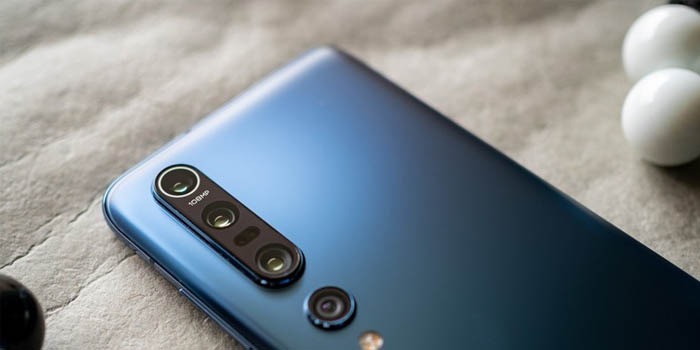
Xiaomi has announced the latest smartphone - Xiaomi Mi 10T series consisting of Mi 10T standar, Mi 10T lite, and Mi 10T prp. It feels like Xiaomi is focusing on the budget smartphones once again, that doesn't come with a higher price ta. That's the kind of smartphones, company is known for, though the Mi 10 smartphones were more like premium devices. The Mi 10T Pro costs £599 (around $700 / AU$990), the Mi 10T is £469 (about $600 / AU$820) and the Mi 10T Lite costs £229 (around $300 / AU$450) for 6GB RAM and 64GB storage, though you can purchase the more storage options for extra money.
Those prices set the two upper-tier smartphones in the pretty affordable category, and the lite model stands as the most affordable phone in its markets right now. Regarding availability, you can purchase the phones in the UK now, and these will possibly come to Australia too as Xiaomi releases some of its devices there. he Xiaomi Mi 10T Lite has the most rear cameras of the lot with a 64MP main, 8MP ultra-wide, 2MP macro and 2MP depth snapper. There's also a 16MP camera on the front for selfies.
In comparison, the standard Mi 10T has the same main sensor but a 13MP ultra-wide snapper and a 5MP macro camera. The selfie camera is slightly more high-spec at 20MP. Finally, the Xiaomi Mi 10T Pro has a 108MP main camera, but the same other cameras as the standard model. Users of the Xiaomi Mi 10 Pro might find the lack of a telephoto camera an oddity, as that phone actually had two.
All three of these Mi 10T phones support 5G network. The Xiaomi Mi 10T and Mi 10T pro are powered by Snapdragon 865, which was the fastest processor in the start of the year but was replaced by the much powerful 865 plus recently. The Mi 10T lite has the newly-launched Snapdragon 750G, which is more of a mid-range processor but it's optimized to be great for gamers. The processor is paired with 6GB RAM in Mi 10T lite model you can choose between 6GB or 8GB RAM, comes with 128GB storage. The Xiaomi Mi 10T light has a 4,820mAh battery, whereas the other two comes with 5,000mAh battery, and all these three phones support 33W fast charging.
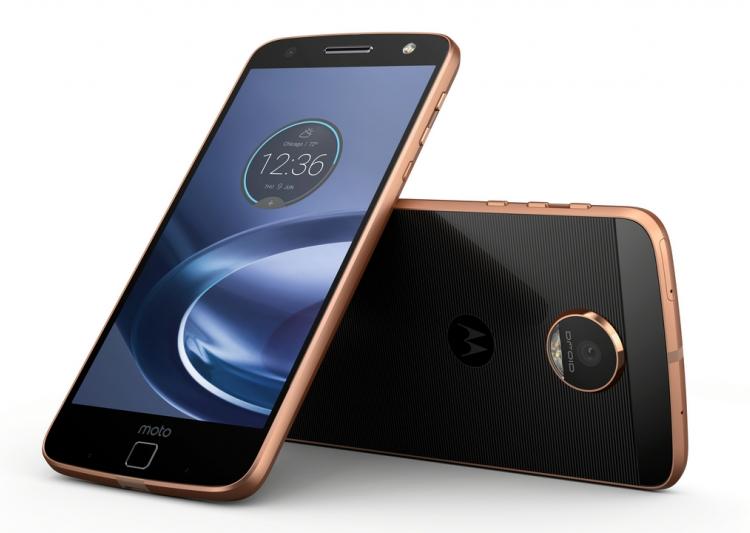
The Lenovo owned Moto brand had earlier taken a "not too subtle" dab at Samsung when they stated that, "At Moto, our priority is safety first. Unlike some manufacturers, we adhere to the highest standards in quality and testing of all our batteries." It isn't too hard to guess that the statement was definitely a reference to the exploding Samsung Galaxy Note 7 batteries, which had caused the company to recall each and every one of its devices all over the world. Apparently, Lenovo thought that it wasn't enough so they have now launched a campaign (along with Moto) called "Skip the Sevens" which targets the Apple iPhone 7 directly. As you will see in the video below, the Chinese OEM clearly takes a strong shot at brand loyalists of the Cupertino electronics giant.
Not to be left behind, LeEco tweeted out "Some Lead, Others Follow" after the launch of the iPhone 7 without the headphone jack. The tweet continued on to state that "We evolved to the Continual Digital Lossless Audio era in April 2016. Here's welcoming the followers! #LiveTheFuture"
Although not as aggressively, OnePlus took a somewhat humorous approach in mocking the new iPhone's lack of a headphone jack. The company simply tweeted, "You have headphones. The#OnePlus3 has a headphone jack. It's not rocket science ;)"
Amidst all the dabs and digs, Apple has actually shown a lot of class in refraining from making fun of the Samsung Galaxy Note 7 disaster. Considering the fact that Samsung has taken multiple shots at Apple over the years at every opportunity, many had expected otherwise. What do you think about the entire situation?
Saikat Kar (tech-enthusiast)
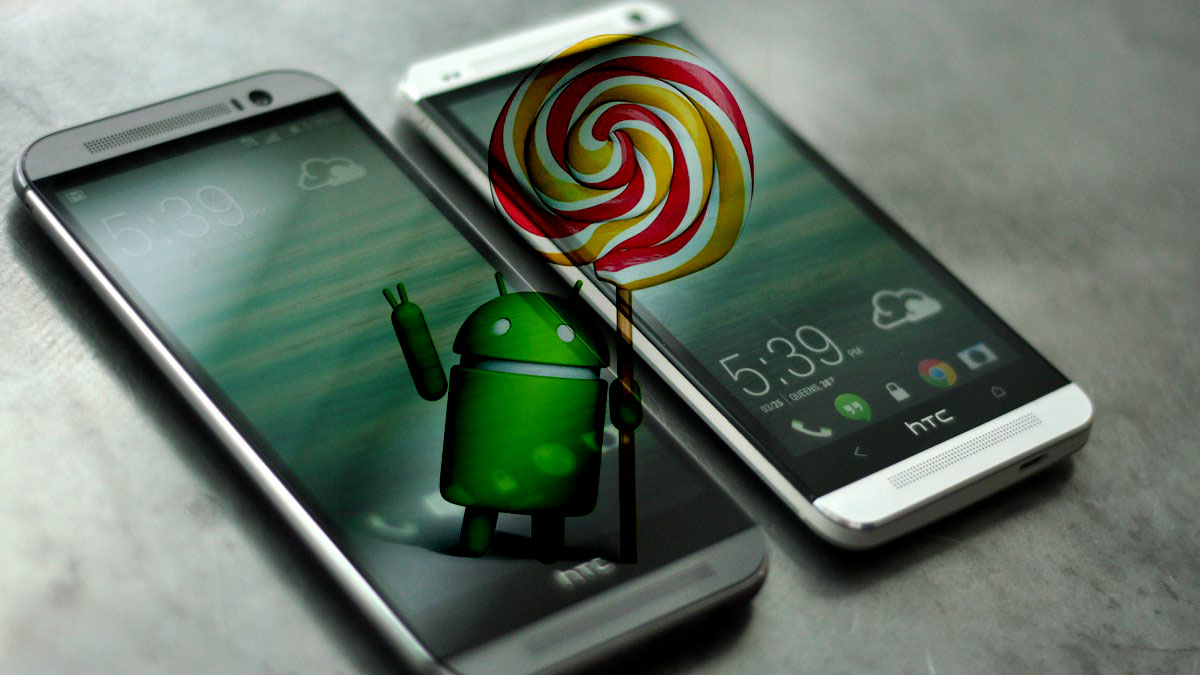
HTC already released the Android 5.0.1 Lollipop update to the unlocked HTC One M8. The One M7 should get the same update on Early Feb,2015. As for the rest of the One Family, HTC initially promised to update all versions of its 2013 and 2014 flagship smartphone within 90 days of receiving the Android 5.0 code. However, it looks like there will be a slight delay...
Mo Versi, HTC's Vice President of product management delivered the news in a dedicated post. The delay is caused by issues Android 5.0 initially contained, which were subsequently fixed by Google with minor updates. HTC is working hard with Google and its carrier partners to incorporate the latter into its OS build.
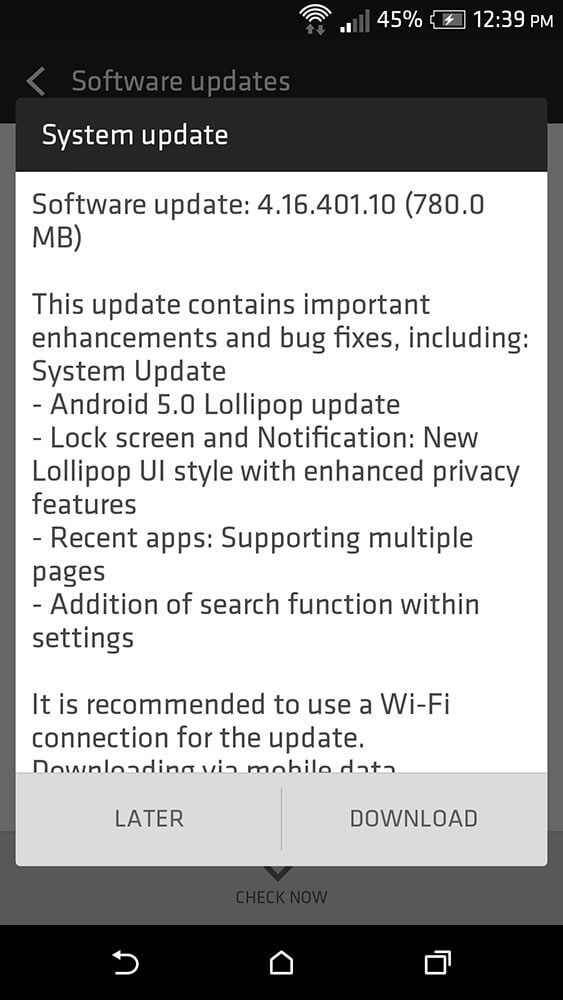
HTC already updated several versions of the One M8. They include the factory unlocked model, the Developer Edition, and the Google Play variant. Mo Versi promises "good news to share soon" on the rest of the One family.
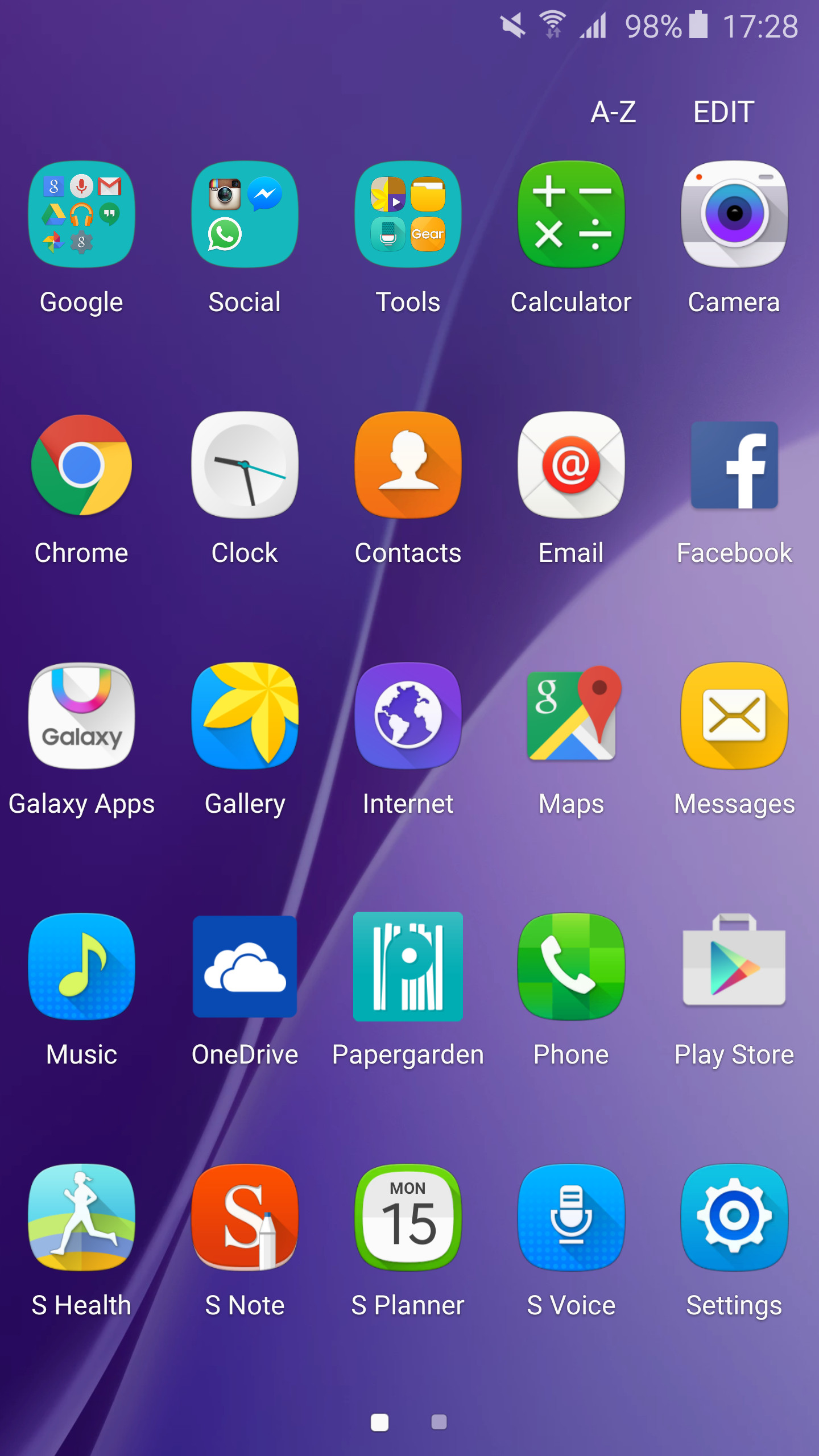
With certain Samsung devices like the Galaxy Note 5 and the Galaxy S6, Samsung has a deal with Microsoft to offer 100 GB of free OneDrive cloud storage with every new device.
The deal to push the free cloud services wasn't just out of kindness on the part of the Redmond company. It is troublesome to move files to another cloud service later, so it provides a type of lock-in for consumers too.
The deal also included pre-installed apps for Word, PowerPoint and Excel on Samsung devices to encourage user adoption of Office 365 subscriptions. The period of coverage for the free storage is likely to be 2 years or longer.
Here's how you get the free 100 GB of cloud storage with OneDrive:
1. Check that your Samsung device comes pre-installed with the app for OneDrive for Android. If it doesn't, download it from the Google Play store.
2. Open the OneDrive app and either login with an existing Microsoft account or register for a new one.
3. Approve the terms and conditions, make a left swipe inside the app, choose 'Settings' and 'Personal' from the menu, and verify that your quote is now 115 GB. This should be 15GB standard free allocation, plus the additional 100GB.
4. If you're already logged into OneDrive, you only need to swipe to the left, and go to 'Settings' and 'Claim your free 100 GB storage' to activate it.
Any eligible devices will now have access to the additional storage for 2 years or more.
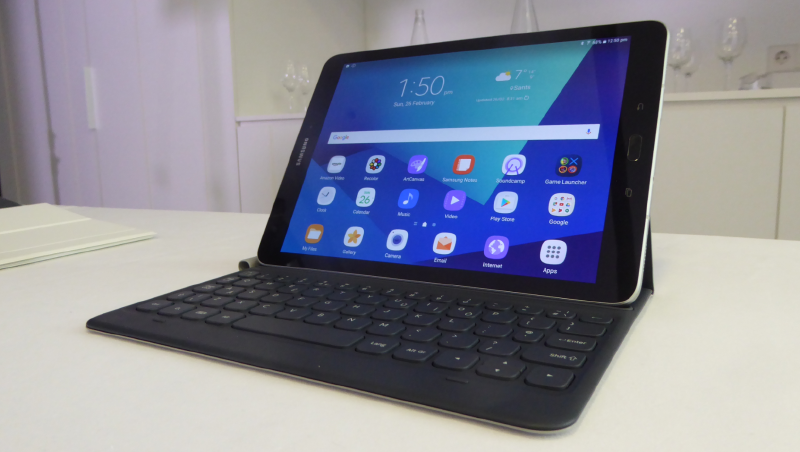
The Galaxy tab S3 is one of the premier Android tablets in a world where Android tablets are becoming rarer with each passing year. Most companies have stopped manufacturing premium tablets and even the companies like Samsung that do release a model every now and then, have stopped releasing them outside a few selected regions. However, with the Tab S3 just being released in Russia, fans from other countries can have their hopes up a bit too. Both the LTE and the Wi-Fi only variants have now been listed on the company's website in Russia.
Unfortunately, the price of the tablet in Russia is alarmingly higher than what it costs in the US or the UK. The 32GB Tab S3 costs around $599 officially in the US, while the same variant will cost someone picking it up in Russia, a whopping $965/RUB 54,990! That's $365 more than the US version, but they are identical to each other in every way. I am not sure how much of that is import duty, but whatever the reason may be, if the price difference is that much in your country as well, you are probably better off avoiding it. The Google Pixel will likely be a better deal if you can leave without the S-Pen, provided that's even available in your region of course.
Saikat Kar (tech-enthusiast)
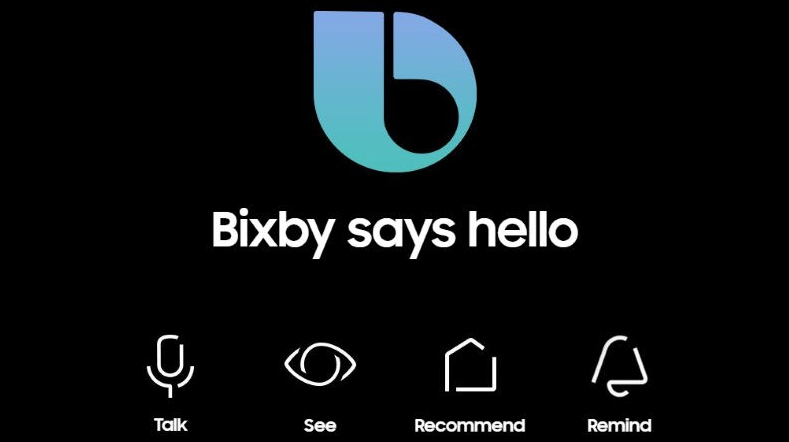
While the Galaxy S8 is without a doubt a pinnacle of achievement for Samsung Mobiles, it isn't without its flaws. However, I think one of the biggest flaws in the Galaxy S8 is not the fingerprint scanner but the way they managed the whole affair with Bixby. After investing so much into marketing their AI assistant and giving the phone a dedicated hardware button which just simply cannot be remapped to anything else, the S8 and S8+ were launched with a voice assistant that had no voice capabilities! Unfortunately, as per the Korea Herald, if you own a Galaxy S8/S8+ in the US or in any of the other English speaking nations around the world, you will likely not be seeing Bixby anytime soon.
In order to understand what exactly went wrong here, take a note of the following points.
• Samsung did not have sufficient Big Data available to them at that time to enable the voice functions of Bixby
• This happened because Samsung adopted Big Data integration much later than its competition
• There's a huge language barrier in between Samsung's English speaking developers and Korean developers which is making communication difficult
If you are wondering when you can expect Bixby voice communication to finally make its appearance on your S8 or S8+, the time is expected to be somewhere during the fourth quarter of the year.
Saikat Kar (tech-enthusiast)

Every year we see better technology coming up in the mobile industry and so is the number of Android phones is growing. Some are good, some are not so good. Some devices are really exciting like foldable Galaxy Z flip, whereas others are slightly boring. Among all of these handsets coming every year, one device that has been successfully impressed many with lots of exciting features and innovative designs is Samsung's Galaxy S series.
Samsung Galaxy S10 was undoubtedly the best-selling smartphone for the company last year. And this year, Samsung decided to launch a trio of phones with the Galaxy S20, S20, and S20 ultra. These are very technically impressive gadgets but comes with a high price tag, not something that everyone can afford. You can argue about the price, but there is no denying that they get a lot of attention compared to the budget-friendly Chinese rival's devices.
Although there are three models of the Galaxy S20, their core is very similar. All three phones have 120Hz display, Qualcomm's Snapdragon 865 processor, expandable storage, water resistance, and offers wireless charging. Out of three models, the Galaxy S20 is the cheapest one but it doesn't have support for mmWave 5G network and has the smallest battery.
All three models have the same Android 10 with One UI 2.0 operating system and use the dame processing chip. They have the same memory 12GB whereas the Galaxy S20 also comes with 16GB memory. The storage is limited to 128GB for Galaxy S20 whereas other variants are getting 128GB and 512GB models. The storage can be expanded to 1TB.
The primary rear camera for Galaxy S20 and S20+ are 12MP whereas for Galaxy S20 ultra it goes up to 108MP with f/1.8. The second rear camera is 64MP telephoto lens and 48MP for Galaxy S20 ultra. The third camera is 12MP for all models and only Galaxy S20 ultra has the fourth camera. The front camera is 10MP for Galaxy S20, S20 Plus, and 40MP for Galaxy S20 ultra. The batteries are 4,000mAh, 4500mAh, and 5000mAh for Galaxy S20, S20+, S20 ultra respectively.
The Galaxy S20 series has a much higher refresh rate as compared to the previous phones. The 120Hz display on the S20 makes everything looks so flawless and faster compared to the traditional 60Hz displays. Samsung has offered four colors this time, including cloud blue, cloud pink, cosmic grey, and cosmic black.
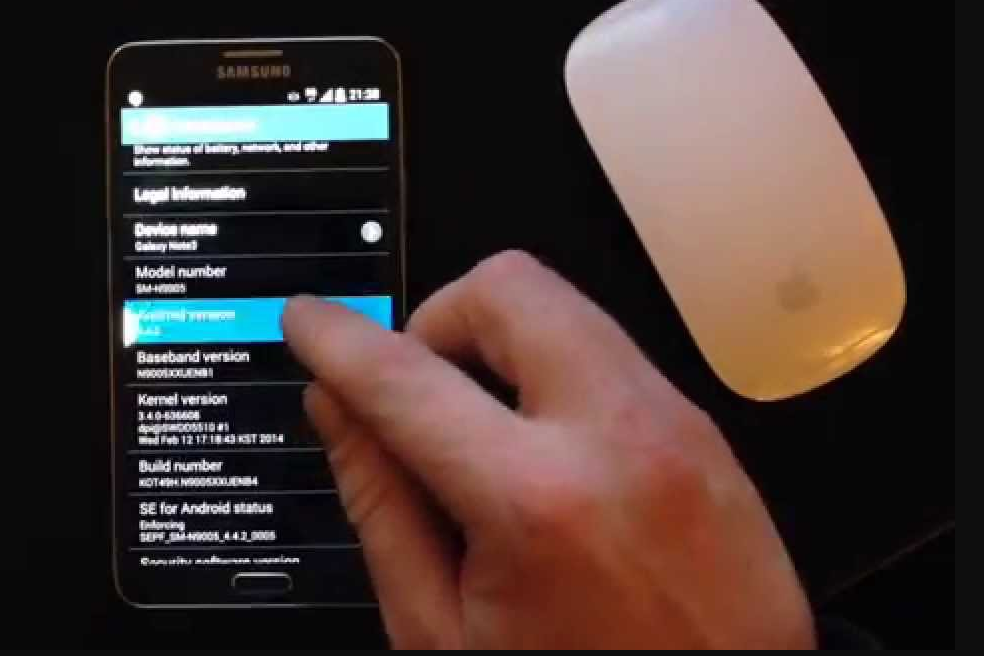
Up until yesterday, Google's new voice assistant was exclusively available to the Pixel and the Pixel XL. However, Google has now made it official that the company is currently rolling out Google Assistant to multiple devices that are running on Android Marshmallow 6.0 or higher and Android Nougat 7.0 or higher. We knew that some of the upcoming devices like the LG G6 and the Moto G5/G5 Plus were going to come with the AI powered voice assistant right out of the box, but this is a pleasantly surprising and new development. The original announcement was made at the MWC earlier and now it's happening as you read this.
The United States is of course the first to get the personal assistant, but Australia, Canada and the UK should also start to receive the same soon enough. By the way, in case you are wondering if a package will need to be downloaded via OTA, let us assure you that it won't be necessary. The eligible devices will simply see Google Assistant show up on their phones. Long pressing the Home button on an updated device will bring up the AI assistant, actively replacing Google Search. Is this good news to you or do you simply not care about it? Let us know in the comments.
Saikat Kar (tech-enthusiast)
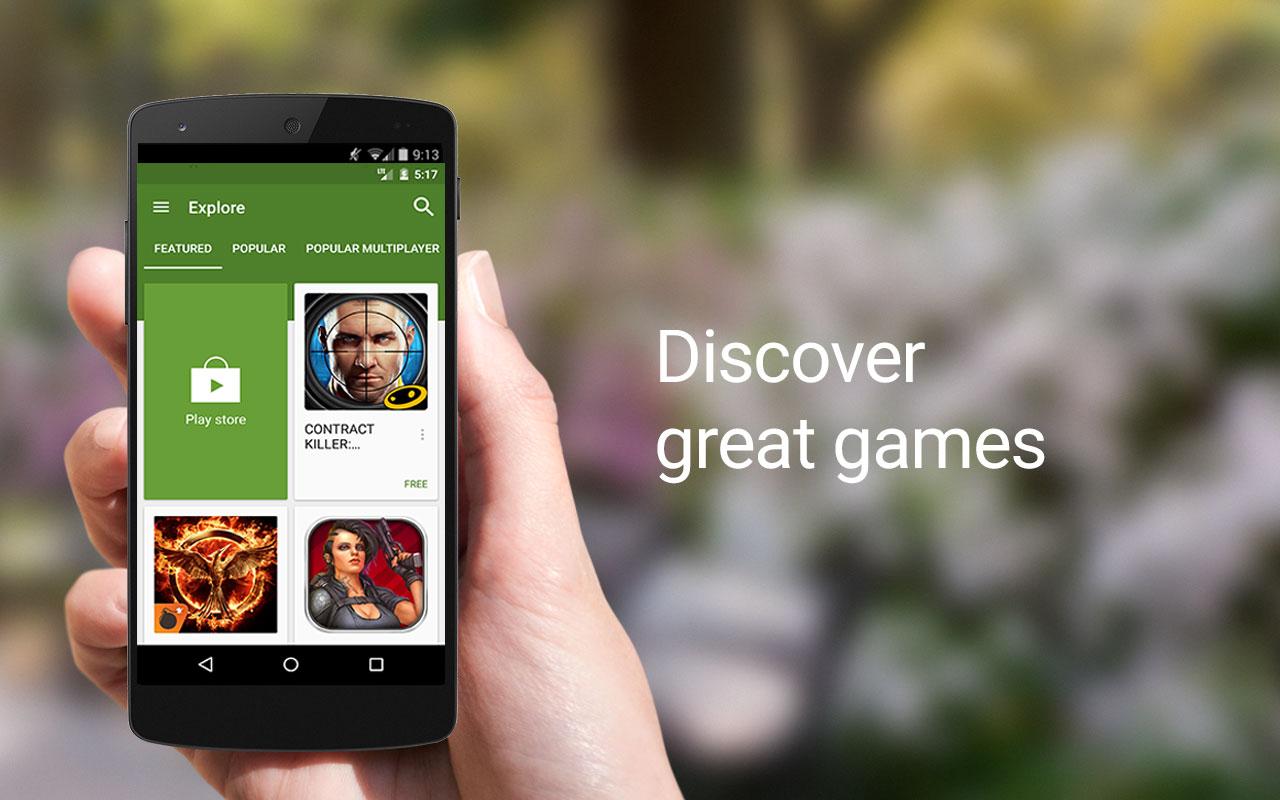
Google Play Games app for Android updated to version 3.2.21 with bug fixes, improved profiles and performance improvements. This new version is a preparation for the Android 6.0 Marshmallow release that will pack the Play Games version 3.0 on the final release.
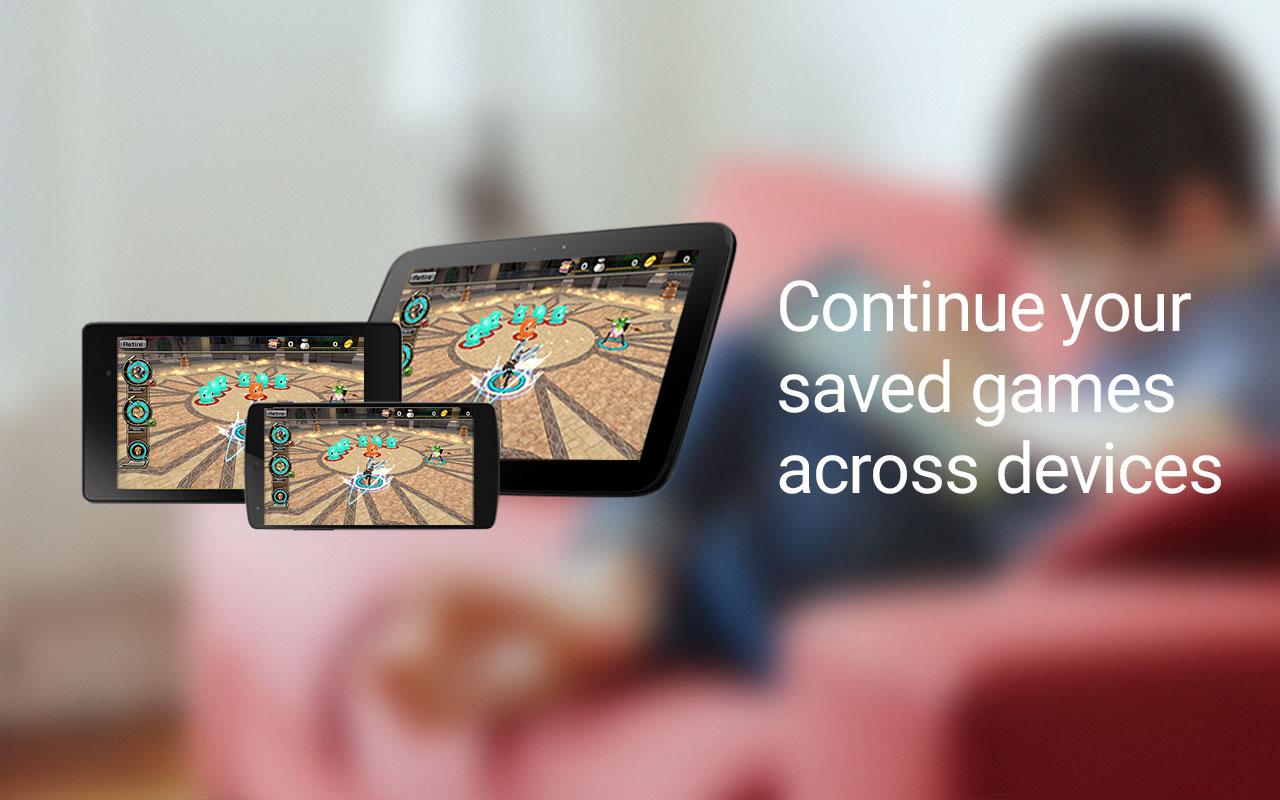
KEY FEATURES
• Achievements - Complete challenges, earn awards, and track them all right from the app.
• Leaderboards - See how you stack up against other players.
• Improved game recommendations
• Bug fixes and other improvements

If you don't want to wait that long, you can get the App from the link below. The APK below is official and has not been modified by any way.


Google Play Games app for Android updated to version 3.3.45 with bug fixes, improved profiles and performance improvements. This new version is a preparation for the Android 6.0 Marshmallow release that will pack the Play Games version 3.0 on the final release.

KEY FEATURES
• Achievements - Complete challenges, earn awards, and track them all right from the app.
• Leaderboards - See how you stack up against other players.
• Improved game recommendations
• Bug fixes and other improvements

If you don't want to wait that long, you can get the App from the link below. The APK below is official and has not been modified by any way.


If you are wondering how the Oppo Reno 3 Pro compares to the Oppo Reno 3, when both devices look very similar, keep reading this article.
On the outer side, both phones are the same. They have the same poly-carbonate plastic body that comes in the same colors, weighs almost the same, and features the same 20:9 aspect ratio display. There is a slightly better super AMOLED display on the pro variant if you look closely. However, this isn't a major difference. So, let's find out the other few key differences.
The Reno 3 pro uses a full dual SIM setup, whereas, the other uses a hybrid version. This means that on the Reno 3 pro, you can use 2 SIM cards along with memory cards. However, on the Reno 3, you can't use a memory card if you use 2 SIMs. Both have 128 GB internal storage so that shouldn't be a big deal for Reno 3.
Oppo Reno 3 pro has a silver film on all four sides of the edges. The camera bump is also noticeable but it is not large enough to annoy you whenever you keep it on the table. It is a lightweight device that can be used with one hand. The pro variant ships with earphones inside the box. The left side of the device contains the power button, while on the right side you can find volume rockers.
Reno 3 Pro uses two hole-punch front camera system with 44MP and 2MP lens, the Reno 3 uses only one camera lens (44MP) placed in the center of the notch. For the rear camera, the Reno 3 primary camera lens is of 48MP, whereas, Reno 3 pro uses a 64MP lens. Oppo Reno 3 pro camera creates a far better result than Reno 3 in a low light, close-range situation. Oppo Reno 3 pro comes with a slightly brighter screen, slightly more detailed selfies, and better low light camera performance.

Google has just Updated its Play Store App to v5.2.12 with many under-the-hood features.
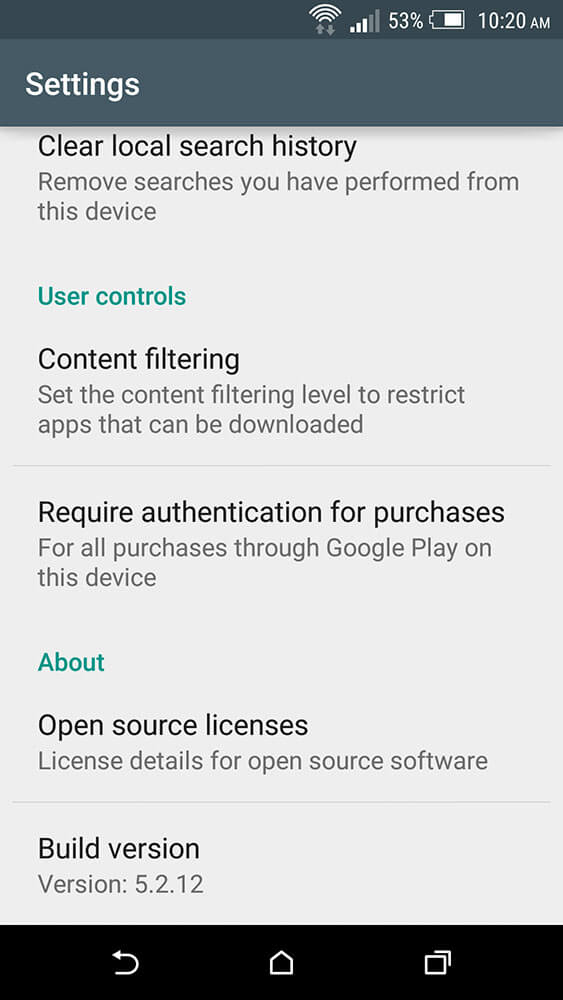
As always, Google is improving the look and feel of the play store app, one of these is the updated and redesigned of the "Details view page". In this release also, Google added support for Enterprise Apps that are locally hosted my a company's VPN and not scanned or hosted on Google's servers.
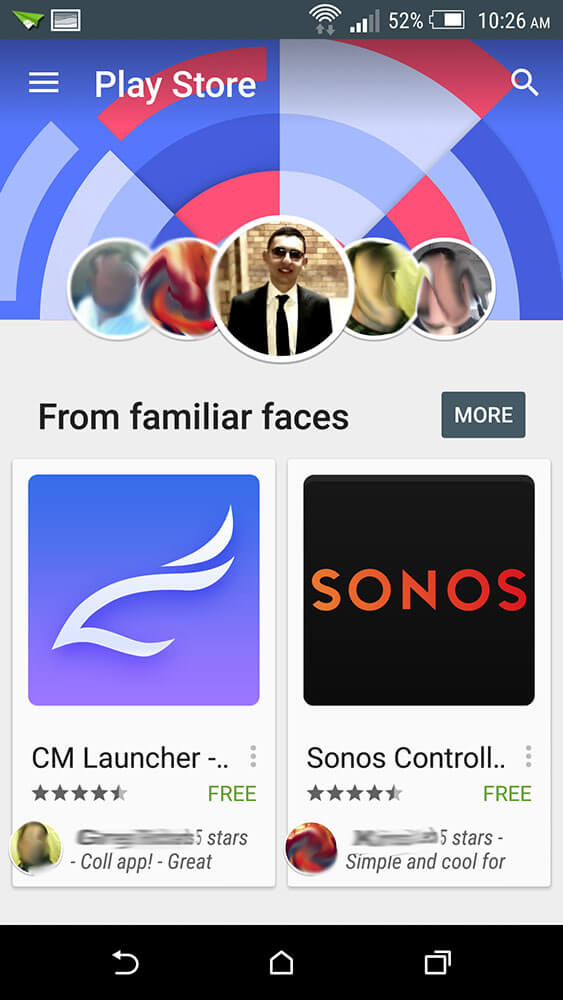
Google Play v5.2 has an updated "People" page that lists you and your circle's contacts, showing you what apps your friends are using and rating.

What's New in Google Play 5.2.12 :
- New Details Page
- Self-hosted Enterprise Apps
- Tweaks to the left Navigation menu
- Minor UI changes
To get the google Play Store App v5.2.12, you can Download the Official APK from the direct link Below. This APK has not been modified by any means and it's 100% safe to install. Enjoy!


Google has just Updated its Play Store App to v5.2.13 with many under-the-hood features.

As always, Google is improving the look and feel of the play store app, one of these is the updated and redesigned of the "Details view page". In this release also, Google added support for Enterprise Apps that are locally hosted my a company's VPN and not scanned or hosted on Google's servers.

Google Play v5.2.13 has also an updated "People" page that lists you and your circle's contacts, showing you what apps your friends are using and rating.

What's New in Google Play 5.2.13 :
- New Details Page
- Self-hosted Enterprise Apps
- Tweaks to the left Navigation menu
- Minor UI changes
To get the google Play Store App v5.2.13, you can Download the Official APK from the direct link Below. This APK has not been modified by any means and it's 100% safe to install. Enjoy!

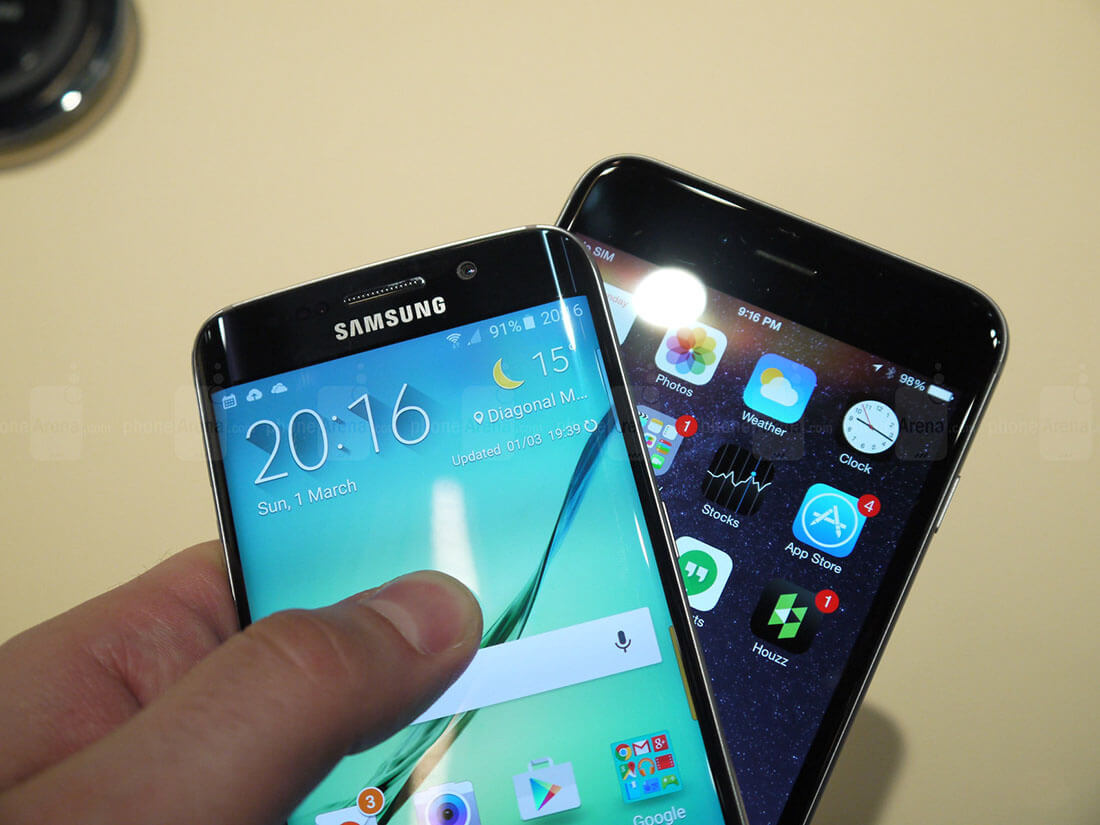
Two roommates, one with the Apple iPhone 6 and the other sporting the Samsung Galaxy S6, had a heated argument over which model is the better smartphone. The fighting intensified until both men smashed beer bottles and used the jagged edges to stab each other. One of the men received a beer bottle blow to the back of his head.
The police investigation found that alcohol was involved as both roommates had been drinking. The incident took place in Tulsa, Oklahoma before 1am early this morning, and the cops initially weren't sure if there would be charges filed. Both of the men involved were taken to an area hospital for treatment.
Local television station KTUL reported that its photographer asked the cops which phone was better, a question most likely met with an icy stare. Luckily for the cops and the neighbors, no BlackBerry or Windows Phone users joined the fray.
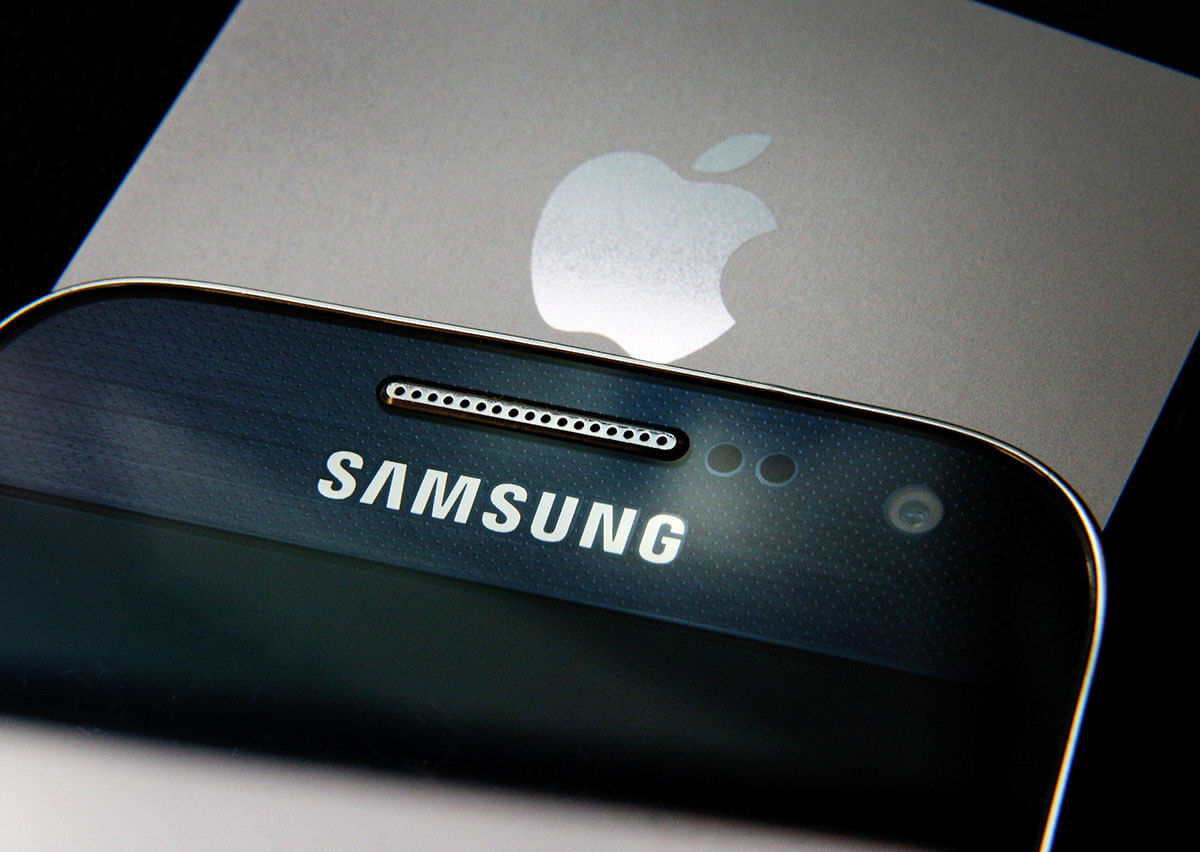
Last Year, Apple CEO Tim Cook decided to stop the bloodshed and started to initiate peace efforts with Samsung. The two had been going at each other with patent infringement suits that made the first page of major newspapers. Now, both tech titans are teaming up on certain components which will take business away from the competition.
According to Bloomberg, Samsung will be responsible for most of the Apple A9 chips that will be found in the next iteration of the iPhone. We've gone back and forth on this with some swearing that TSMC will get the A9 business and others insisting that the chip will be coming out of a Samsung factory. According to analyst Ming-Chi Kuo from KGI Securities, TSMC will get 30% of the business which could leave Samsung with the balance. Last year, with Apple and Samsung on the outs, TSMC was responsible for the Apple A8 chip.
A third manufacturer that has been mentioned this year, Global Foundries, has a yield of 30%, well under the 50% required for mass production. With Apple and Samsung working together, the latter has been showing improvement in its Q1 component sales. Samsung is optimistic enough about the future of the business to expand its chip making capacity. On the other hand, TSMC has announced a cutback in its spending.
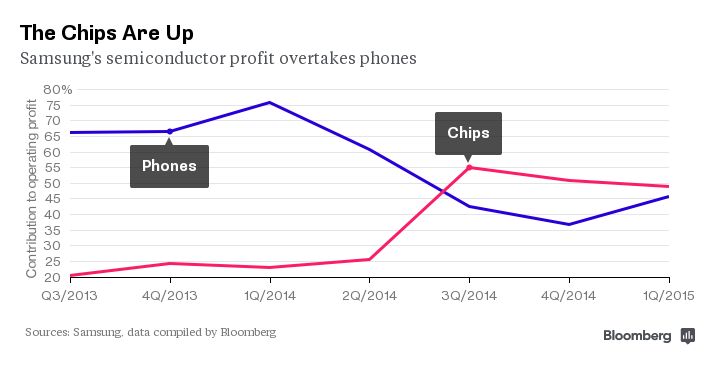
Another company that is feeling the financial heat from Apple and Samsung's new found love for each other is SanDisk. The latter produces chips for mobile devices like the Apple iPhone and Apple iPad. While Apple was once SanDisk's largest customer, accounting for 19% of its revenue, those days are apparently gone. On April 15th, SanDisk said that it expected to report lower than expected sales for the year as its loses customers for its chips. Apple would certainly be on that list.
For Samsung, its resurgence in chip sales came at a perfect time. 2014 was a poor year for the company's smartphone business as it dropped from contributing 75% of Sammy's profits in the first quarter of 2014 to 37% by the fourth quarter of last year. Meanwhile, chip profits went from accounting for 20% of the company's profits in the third quarter of 2013 to contributing 55% of the profits a year later. Since then, Samsung's chip business has been outperforming its phone business. Although that might change with the success of the Samsung Galaxy S6 and Samsung Galaxy S6 edge, it doesn't take away from the fact that Samsung is growing its semiconductor profits.
Together, Samsung and Apple control 40% of the smartphone market. With Apple turning back to Samsung for its component needs, and Samsung using its home grown chips for its flagship phones (a practice that will continue with the Samsung Galaxy Note 5), there could be dark days ahead for more chip makers that once relied on Apple and Samsung for business. Besides TSMC and SanDisk, Qualcomm is another name that might belong on that list.
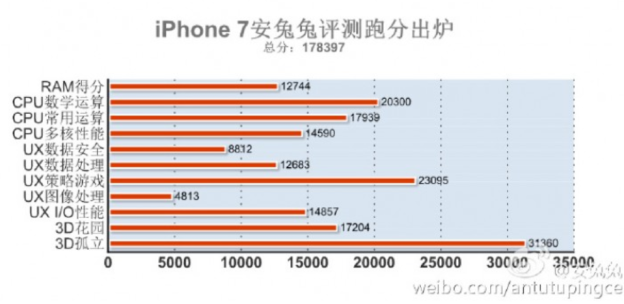
There's no getting around it; the iPhone 7 has scored 178,397 points in the AnTuTu Benchmark test and that's significantly more than the 140,288 points which the current topper, the OnePlus 3 scores on an average. There is no doubt that this score is extremely impressive and beats all the Android competition hands down. The Apple A10 chip is indeed a beast as it turns out. However, there is a small detail that most people seem to be overlooking in this particular case.
The iPhone 7 will probably have a screen resolution of 750 × 1334 pixels, stretched out on a 4.7-inch display with a ppi of 326. This means that the A10 chip had to push a lot less pixels while going through the AnTuTu benchmark than ANY of the other Android phones on the top ten list. The minimum resolution that is considered standard for a flagship device these days is 1080 × 1920 pixels, with some major manufacturers like Samsung opting for 1440p QHD AMOLED panels since last year. While it is a completely different issue that a flagship smartphone with a very premium price tag sports only a 750 × 1334 resolution, things will make a bit more sense when we see the iPhone 7 Plus' (1080p expected) score on AnTuTu when it comes out, or maybe even sooner.
Saikat Kar (tech-enthusiast)
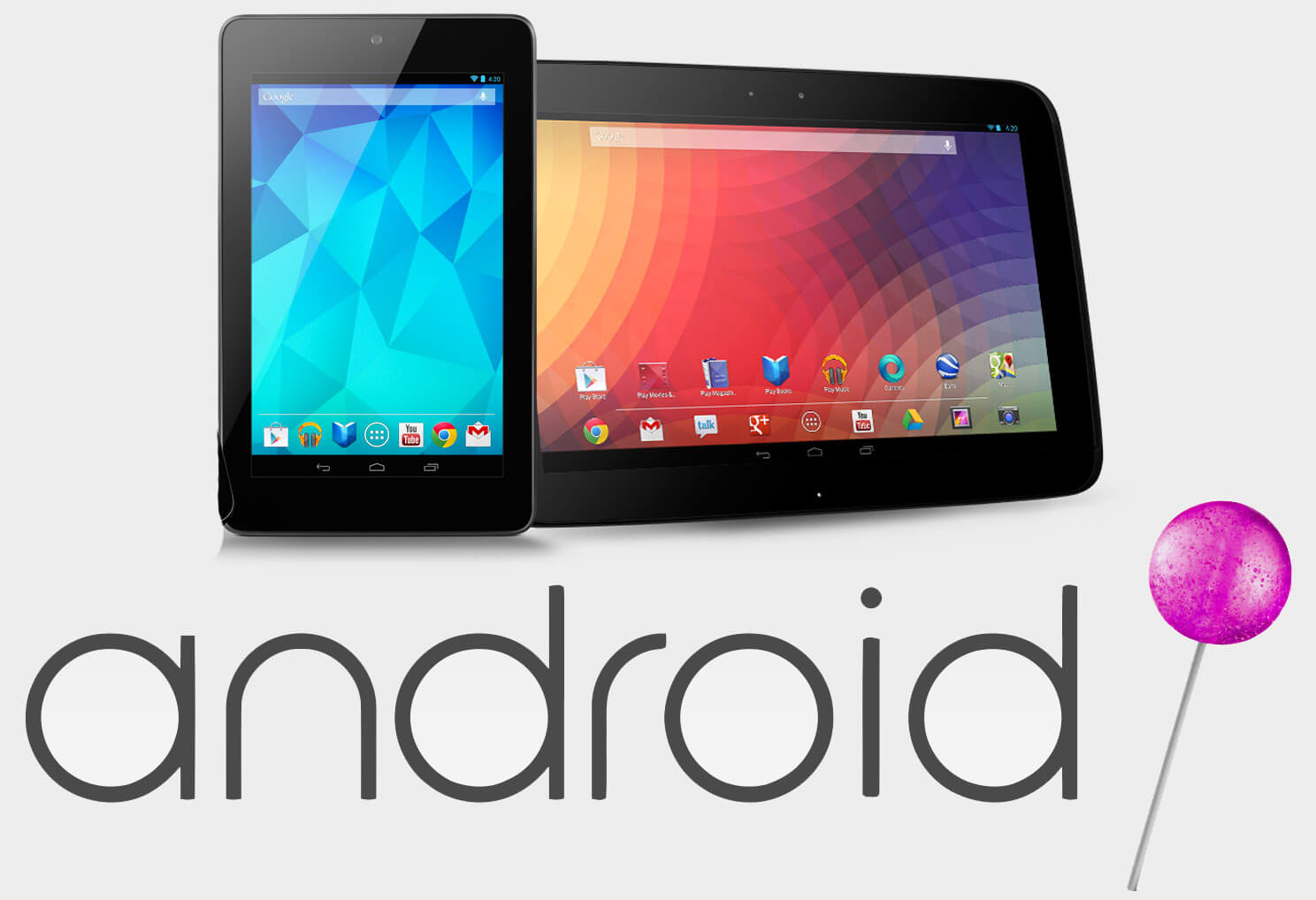
Latest reports from Google, confirming that the first Android 5.0 Lollipop over-the-air updates is coming to Nexus 7 (2012), Nexus 7 (2013 Wi-Fi) and Nexus 10 devices only, and it will start rolling-out on November,3rd.

The Rest of the devices Nexus 4, Nexus 5, Nexus 7 (2013 LTE) will get the same Lollipop OTA update later on November as well, but because radio and carriers variants takes more time on testing than the regular Wi-Fi only devices.
In both cases all the Nexus family will get the Android 5.0 during November starting with the Wi-Fi only tablets on the third day of the month. Check out what's New on Android 5.0 Lollipop!
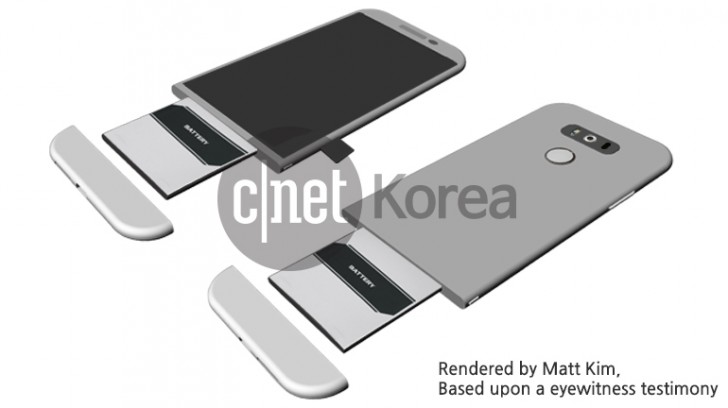
The LG G5 is enjoying the limelight now and in an unexpected way casting a shadow on the Galaxy S7; kudos to a case maker. In general accessory makers are given phone's design, dimensions and photos quite early and that makes them a genuine source of information for getting intel on yet to be released devices.
So in this case, a series robust G5 cases have emerged, which are very good at providing safety and also good at unveiling certain design elements chosen by LG. For starter, the proof of the dual camera present at the rear end has become solid, which was initially speculated owing to boxed prototype and an older diagram.
It is almost confirmed that there would be a circular fingerprint reader at the rear end, but the volume controls won't be there in the back. Although a few the case renders still show some sign of those buttons, the volume button on the left side doesn't leave anything to imagination. The important thing to note here is the position of the power button, and by what we can infer from the case renders, the fingerprint sensor might actually be be inside one, just the way V10 has it.
The rest of the specs are in sync with the earlier leak - there will be a Type-C USB connector, speaker on the bottom, and the 3.5mm headphone jack on top. On both of the end there will be a mic and the second cutout present on the top might be for an IR blaster. There is still no news on removing the battery by sliding it out.
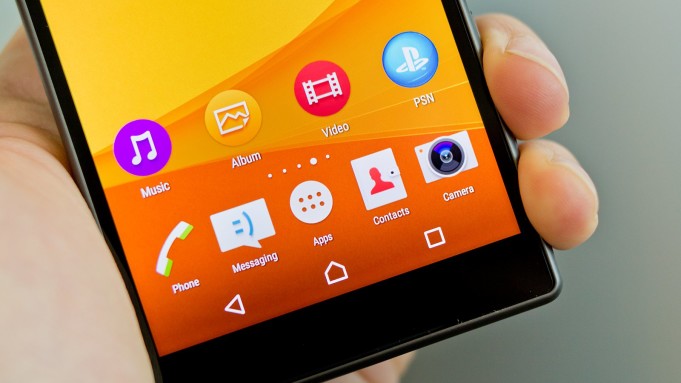
As per @Ricciolo1, a well-known leakster, Sony is aiming to upgrade its Xperia Z5 series to Android 6.90 Marshmallow in January and for older models the same update is planned shortly after the Z5.
Marshmallow comes with a bunch of improvements, optimizations and features that'd be very useful to any smartphone. Battery life improvements and performance boosts are the most noticeable changes to the software. But this is a rumour; nothing is fixed and there is no solid timeline. So take this with a pinch of salt.
Sony has been really good with getting the older devices updated. The Xperia Z (not the Z1) was upgraded all the way to Lollipop 5.1.1, although it had an older Snapdragon S4 Pro processor. Just like many flagships devices that were launched last year (apart from the One A9), the Sony Xperia Z5 is one of the many still operating on Lollipop.
It would be quite interesting to see what Sony has planned for their version of Marshmallow. We know that Sony has been working on a near-stock Android build for sometime and by using the Marshmallow's Doze feature in conjunction with their own proprietary battery saving software, the battery life in many devices can be enhanced.
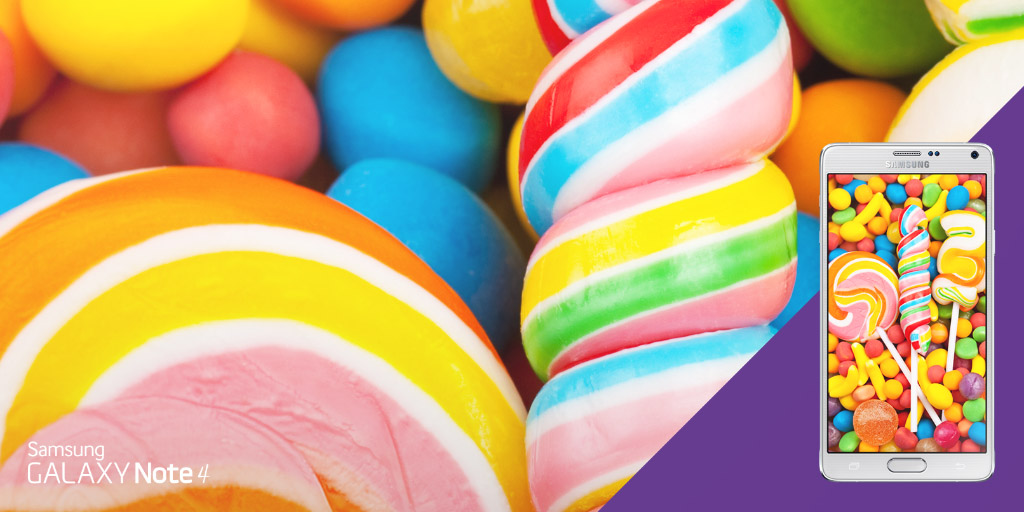
Google is already rolling-out the Android 5.0 Lollipop for its Nexus line-up devices. Samsung is also working hard on bringing Lollipop to its latest flagships by the end of this year. Here's the latest Update Status for Samsung's Lollipop Update...
International Unlocked Galaxy S5 and Galaxy Note 4 devices will get the update first, it will start Rolling-out by the End this December with some major changes to the TouchWiz UI.
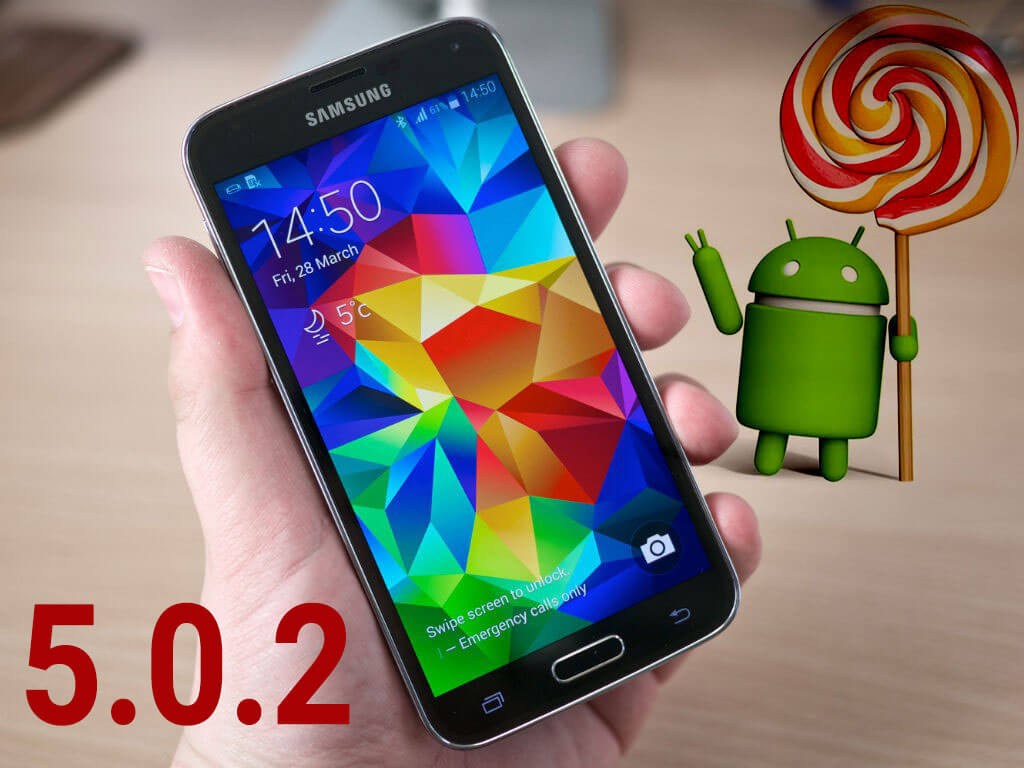
Other Variants of the same devices (Dual-SIM, LTE-A.. etc) will get the same update starting from Jan,2015. Carriers versions will be a little bit late due to carrier's testing and approval process which always the reason for delaying updates, so don't expect it very soon.
Keep checking this page and Stay tuned!
© 2023 YouMobile Inc. All rights reserved





